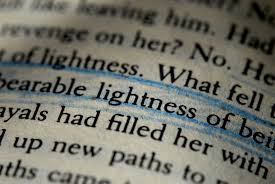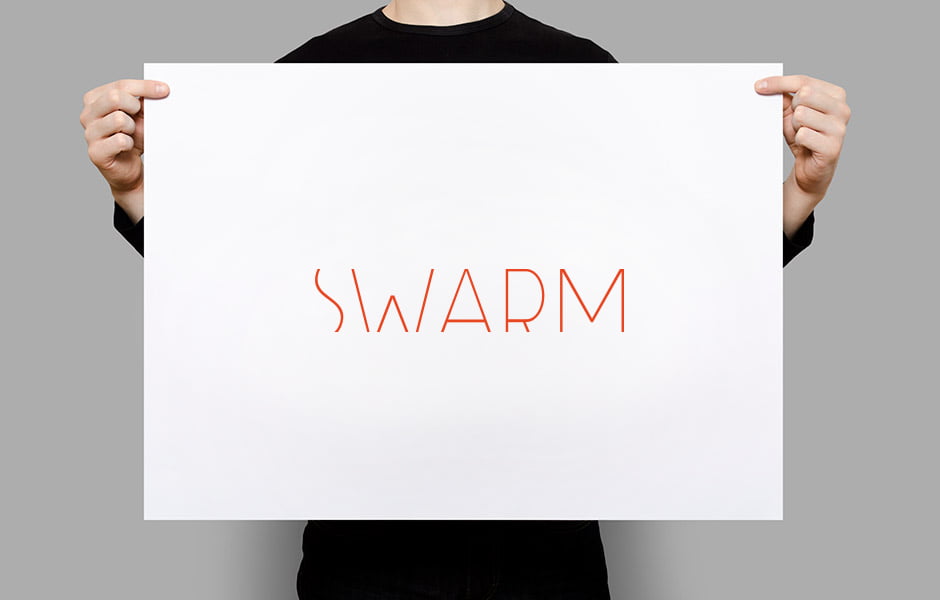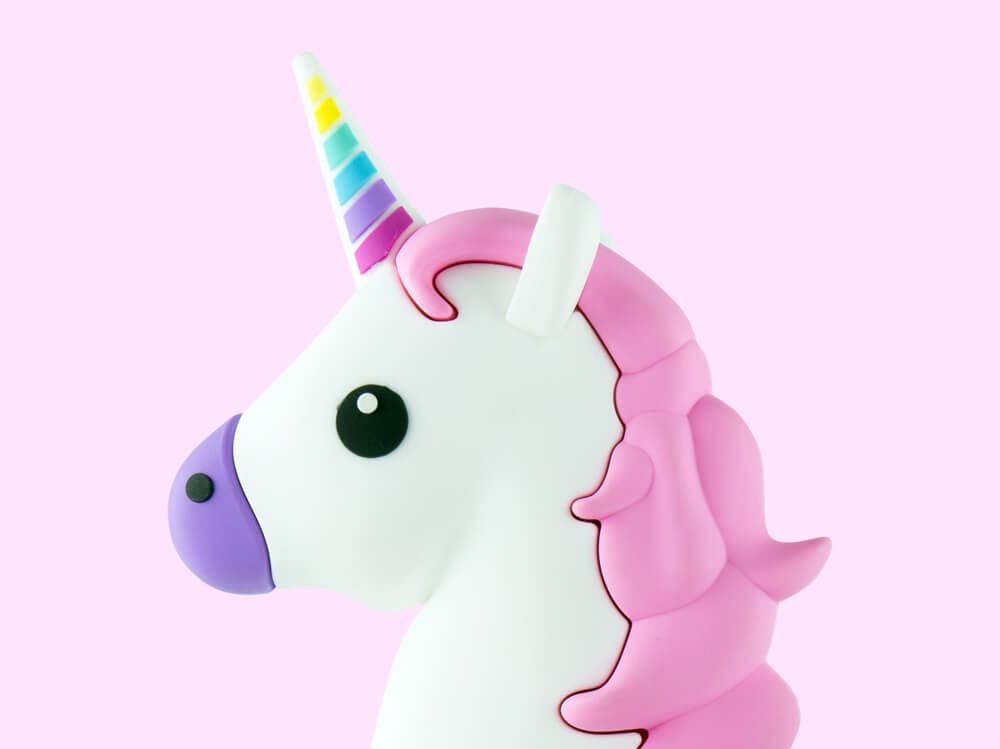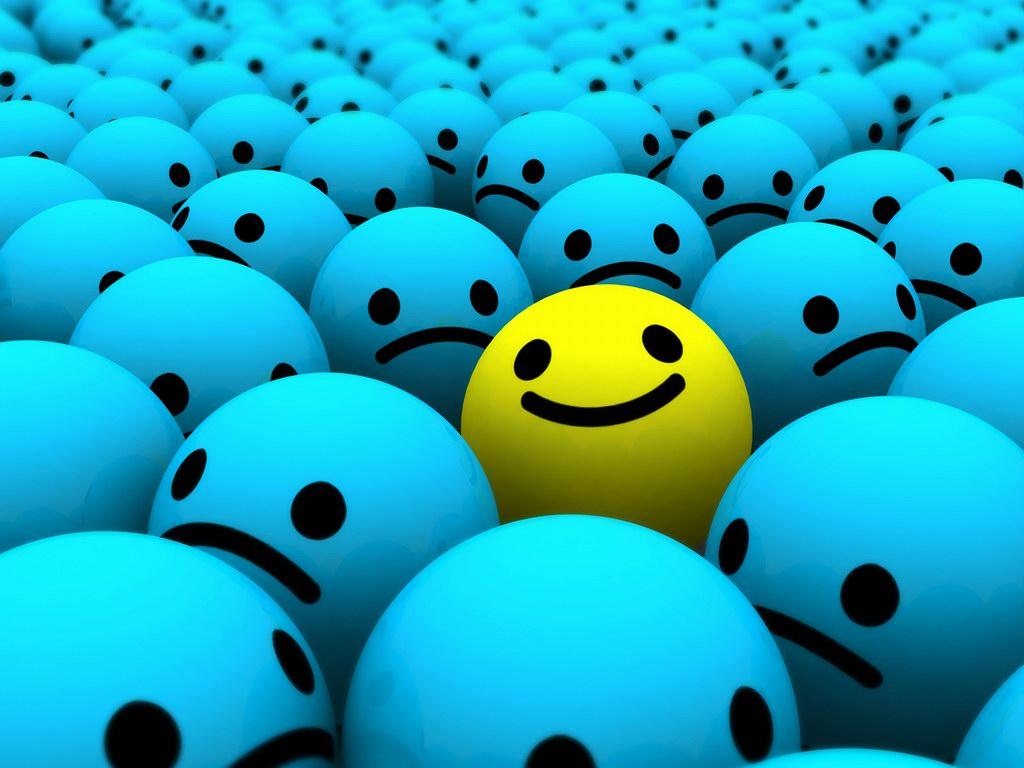Foursquare
Though it has millions of users, the reasons people often cite for using it are rather badly represented in the application itself. The most common reason I hear about why people use Foursquare is that it creates a log for where they’ve been. Perhaps a bar looks familiar and brings back memories- with Foursquare, we can look back and see if we’ve been there before, and who we were there with.
Yet as it turns out — Foursquare is actually rather bad at this. Content gets buried, so if I want to check on that club I went to with my boyfriend on our second date, I’m stuck guesstimating and scrolling. However, you will never hear me say that Foursquare misses the mark. Foursquare tapped into an aspect of user psychology that is more elegant than logging memories. People want to be seen.
Vulnerability is scary, though, and apps that allow us to curate our image are highly compelling- they give us control over what is seen. We become known for where we have been, what we do on our Friday nights and the company we keep. Check-ins begin filtering. We are even given a slight push to go places — our reward is being the kind of person who goes to a certain establishment, and we have an opportunity to not just be that person but to prove we are that person. It allows us to shamelessly promote one of the most obvious aspects of our lives — where we go.
How it Relates
In one of my favorite novels, The Unbearable Lightness of Being, a character throws himself into a protest, watched by the imagined eyes of his disenchanted lover. She can’t really see him, but he is pushed forward, fantasizing that she knows he is there. Then she would know that he is the kind of person who would join a protest- who would face danger, get hurt, become a revolutionary.
Many of us believe in a pair of eyes that watches and comments on what we do: our family, our community, our lovers. Foursquare lets you say “Look- I am this kind of person. And now you can see. I have proof.” Whether they see, we don’t know. We just know there is a chance. It gives our actions a new element of excitement: will he see? What will she think? And, perhaps most compelling of all: who am I becoming? These imagined eyes allow us to see ourselves from a third-person perspective. We see what kind of person we are promoting through the app, and Foursquare helps us. The alleged gamification is less a system of rewards, and more a quick illustration of who we are.
I don’t care if I get a trophy — I care if my badges show that I’m a fun person that goes to bars, sports arenas, and Mexican restaurants. My 7x Hot Tamale badge proves that I am (or at least that I like tacos).The best part is that it looks like we aren’t even trying. We have to think about our posts to Facebook or Twitter. They are mostly written, and we have little control over what gets posted to our wall. Foursquare is a seemingly careless tap, since we’re all just “creating a log of where we’ve been.”
Wrapping it Up
Foursquare is more a curator of image than of history. Perhaps it could do both. For now, this explains the misalignment of rhetoric and behavior. I’ve never seen anyone flip through their Foursquare history more than two weeks. I rarely see someone check in at a Brother Jimmy’s. But in a swanky wine bar, everyone’s phone suddenly lights up blue.
Connect with Jacqueline on Twitter.
Want more of content like this? Check this out.




